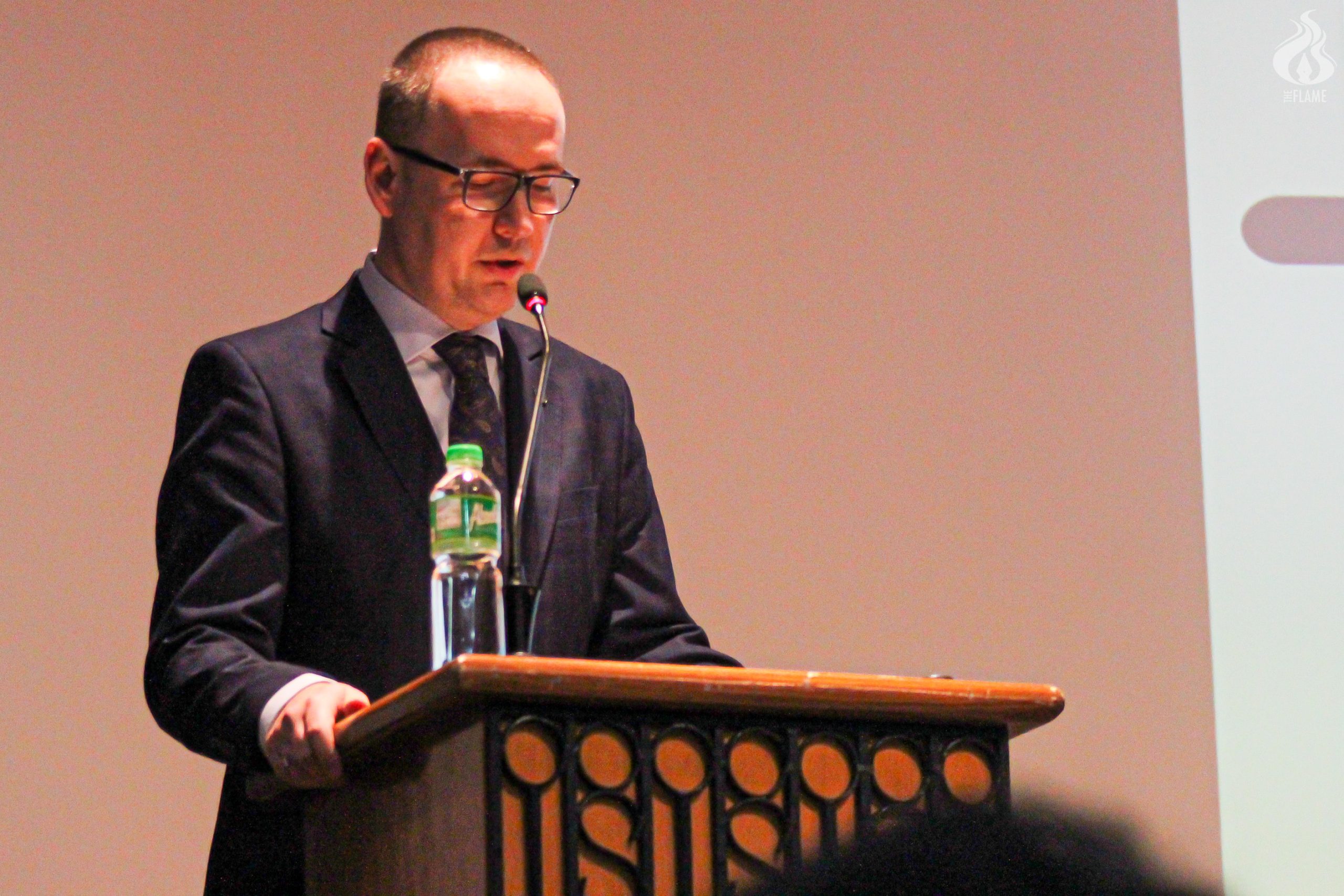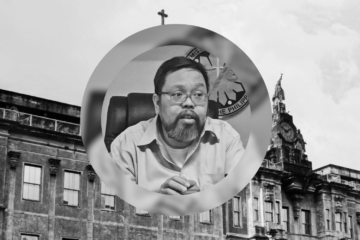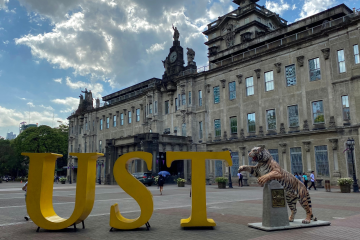
THE ONGOING conflict between Russia and Ukraine is in a deadlock and the world may face more military-type threats that have wide-reaching effects in the global economic and political landscape, a Geopolitics expert said.
Krystian Cholaszczynski, political science professor of the Academy of Social and Media Culture in Poland, said the prolonged conflict in Ukraine is “spreading more and more” and the specter of an energy crisis, economic slowdown, rising inflation, famine in Africa and huge migration is “becoming more and more a coming reality.”
“Despite these gloomy scenarios, additional military-type threats related to the unresolved conflict in Ukraine are still looming on the horizon, and to an increasing extent, pointing to differences in interests, different perceptions of threats and the implementation of the assumptions of a sophisticated geostrategic game,” the Polish professor said during a lecture titled “Russo-Ukrainian War: Geopolitics of the Modern Battlefield” held at the Thomas Aquinas Research Complex last March 23.
“Currently, the conflict is in a total impasse and neither side can back down,” he added.
Cholaszczynski noted that the war, which has reportedly claimed the lives of more than 8,000 people, reveals the difference between the two countries’ interests not only in the economic and political spheres, but also in the geostrategic field.
“The loss of balance or its diametrical change can be the cause of uncontrolled escalation of the conflict,” he said.
The collapse of Russia’s decision-makers and military planners, as well as its tactical defeats, has forced the government of Russian President Vladimir Putin to reach for “more radical solutions,” Cholaszczynski said. He cited the annexation referendums made in the occupied Ukrainian territories and Moscow’s threat of using nuclear weapons.
In September last year, Putin ordered a “partial mobilization” of reservists to strengthen his forces in Ukraine following a series of battlefield losses that resulted in a manpower shortage. The move came seven months after Russia launched a full-scale invasion of Ukraine, an attack that has drawn condemnation from the international community and sanctions that have crippled Moscow’s economy.
But the two countries have been embroiled in a dispute even before the February 2022 invasion. In 2014, Russia annexed Crimea from Ukraine, leading to an armed conflict between the Ukrainian military and Russian-backed separatists.
Philippine President Ferdinand Marcos, Jr. has called for an end to the war in Ukraine, citing its “severe and disruptive” economic impact, especially on global food and energy security and commodity supply chains.
Cholaszczynski said the “uncontrolled disintegration” of the weakened Russian forces may lead to the formation of new alliances and coalitions, which may result in the defragmentation of the North Atlantic Treaty Organization and the European Union.
According to him, Russia’s temporary concessions and negotiations may allow a “political thaw” to occur but Ukraine stands to lose in such a scenario. This is due to Russia’s strategy to force western countries to submit to its will and to place pressure on Ukraine through its implementation of international policies, Cholaszczynski said.
Ukraine’s ability to continue the war against Russia, the Polish professor pointed out, would depend on its allies’ “far-sighted” interests in the region.
“The development of the conflict cannot be 100 percent predicted, but its course will largely depend on where the big players have drawn the thin red line, although this line is increasingly dangerously shifted,” Cholaszczynski said.
The lecture was organized by the UST Faculty of Arts and Letters’ Department of Communication and Media Studies. – Z. A. Aguinaldo and P. R. Sabado



